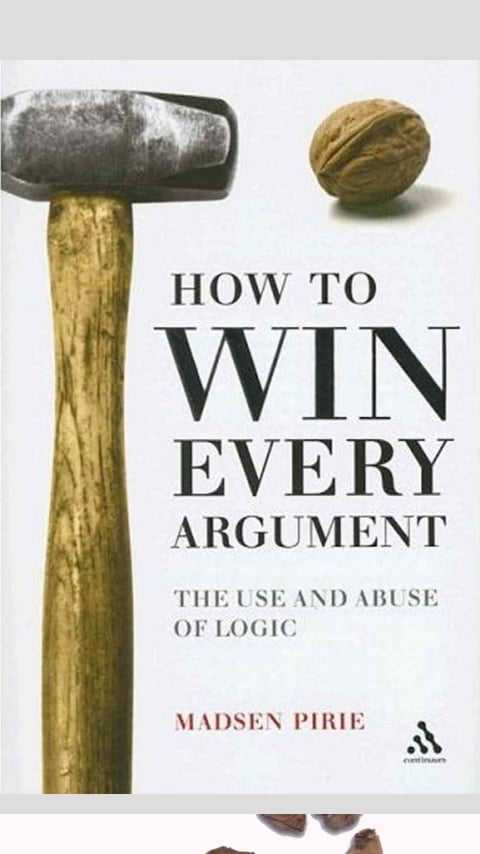Ontdekken posts
Ontdek boeiende inhoud en diverse perspectieven op onze Ontdek-pagina. Ontdek nieuwe ideeën en voer zinvolle gesprekken
Welkom in onze zelfhulp groep van VriendenPlek voor mensen die algemene vragen hebben
Weet je even niet hoe iets werkt en kom je er niet helemaal uit? Vraag dan hulp aan één van je medeleden. Misschien weten zij namelijk wel het antwoord op je vraag.
Kijk altijd eerst even in de groep of je vraag al gesteld is, vaak zien we dezelfde vragen voorbij komen.
Kom je er echt niet meer uit? Dan mag je atlijd contact opnemen met onze klantenservice via het contact formulier.
Dat is nog eens bezuinigen! Een jaar mee gedaan! Dankzij de truc met het kleine flesje. Uit zo'n grote fles komt altijd een hele scheut. En het is niet dat we weinig wassen, de wasmachine staat zo'n beetje iedere dag aan! Enne, zoals je ziet was deze fles al met 35% korting! Dubbel bezuinigen dus! Het kleine flesje is nog vol, dus als ik gok dan hebben we er toch zeker 350 wasbeurten uit gehaald!

Hierbij de link naar de laatste video op onze eigen videosite deeljevideos.nl
https://deeljevideos.nl/watch/....vriendenplek-promo2_
Iedereen
Five years years ago, I came to London for a seminar by my acupuncture teacher Kiiko Matsumoto sensei. The day before the seminar, I was standing in one of those wonderful bookstores that make a visit to London a pleasure, and a display with a sign “Books for Intelligent People” caught my eye. While I do not consider myself to be exceptionally intelligent, I do aspire to make as much use of the mental capacities that I have. One of the books in the display was: How to Win Every Argument, by Madsen Pirie. I didn’t get around it then, but recently I got my chance to read the book.
Just to be clear: this book does not pretend to help you win every argument. It is, however, a delightful work on rhetoric. Rhetoric is often put in a bad light, but making sense of the world in 2020 requires a more thorough understanding of rhetoric rather than the natural sciences.
The Argumentum ad Nauseam, ad Novitam, and ad Numeram, as well as the Petitio Principii are being used in the media and by politicians with an enthusiasm as if they were newly invented six months ago. However, one of the most topical entries in How to Win Every Argument must be the one on The Runaway Train, which I quoted below. I recommend this book to everybody; studying it makes listening to the news much more enjoyable.
From the book:
“A runaway train takes you speeding into the distance, but unfortunately does not stop. This means that when you reach your required destination you cannot leave it, but are compelled to be taken further than you wished. The runaway-train fallacy is committed when an argument used to support a course of action would also support more of it. If you wish to stop at a particular point, you need an argument to do so.
It might well be true that lowering a highway speed-limit from 70 mph to 60 mph would save lives. That is not a sufficient argument for choosing 60 mph, however, because lowering the speed-limit to 50 mph would save even more lives. And more still would be saved at 40 mph. The obvious conclusion of this runaway train is that if saving lives is the sole aim, the speed-limit should be set at the level which saves the most, and this is 0 mph. In practice the lives at risk for each proposed speed-limit have to be measured against what is achieved by the ability to travel and to transport goods rapidly. Most of our daily activities involve a degree of risk which could be reduced if we limited our actions. In practice we trade off risks against convenience and comfort. If the case for making the speed-limit 60 mph is based solely on the lives which could be saved, the arguer will need additional reasons to stop at 60 mph before the runaway train of his own argument takes him to 50 mph, then 40 mph, and finally crashes into the buffers when it reaches 0 mph.
People argue that since, in the UK, everyone has to pay for the country's National Health Service, this gives the state a sufficient justification to ban smoking, because smokers suffer more illnesses. There may be good reasons to ban smoking, but the argument that the costs of the smoker's behaviour should be imposed on others is a runaway train. Why stop there? The same argument applies to all behaviour which affects health adversely. It could be applied to the eating of saturated fats such as butter, or refined white sugar. The state could require people to exercise in order to prevent the health costs of their laziness from falling on others. If this argument is to apply only to smoking, there have to be reasons why the train stops there.”
(…)
“To lure people on board the runaway train, simply appeal to things which most people favour, like saving lives, aiding widows and orphans and having better-behaved children. Use the general support which such things enjoy to urge support for the one proposal you favour which might help to achieve them, even as you carefully ignore the others. In a very specialized use of the fallacy, you should gain acceptance of the principles to support a reasonable objective, and only when that point has been reached, reveal the unreasonable objective also supported by the same principles.”

De traditionele Chinese geneeskunde en de reguliere westerse geneeskunde weten elkaar steeds vaker te vinden. Een holistische benadering en differentiatie van patiëntengroepen gaan daarbij hand in hand. Het Limburgse project Beter in Balans is een best practice, maar biedt bovendien perspectieven voor de vastlopende zorg in heel Nederland. Lees erover en vindt een betrouwbare TCG-therapeut via https://zhong.nl/de-gemiddelde....-patient-bestaat-nie #reuma #chronischziek #leefstijl

